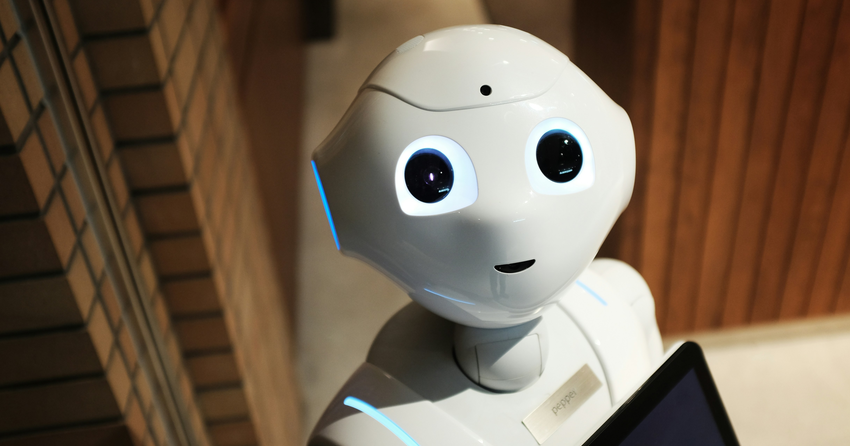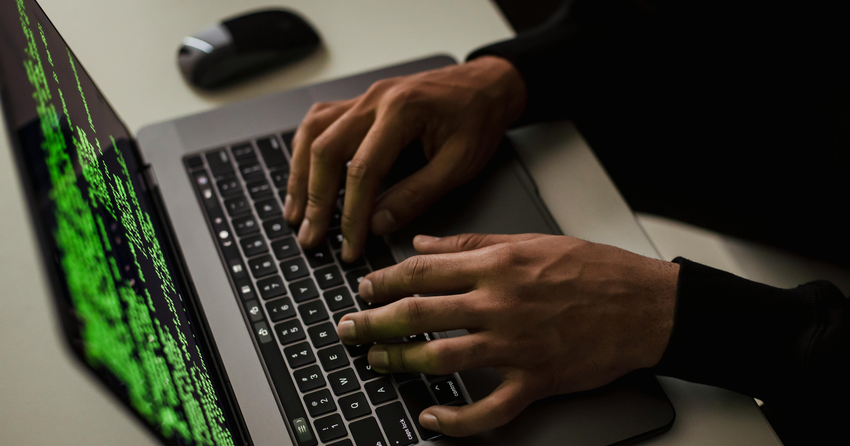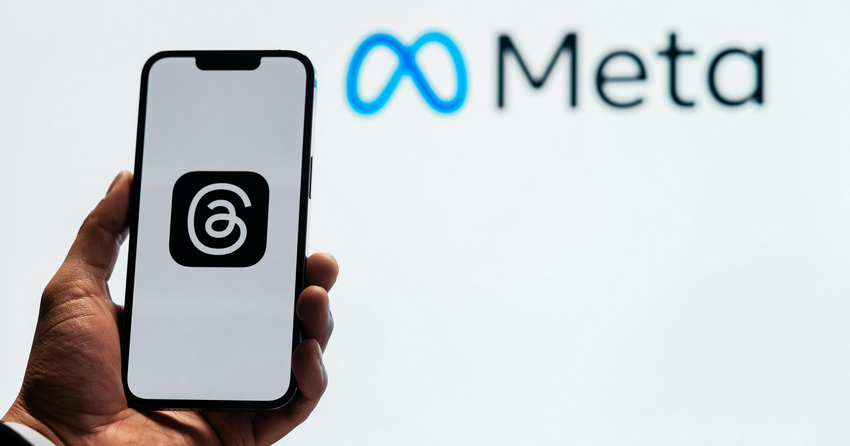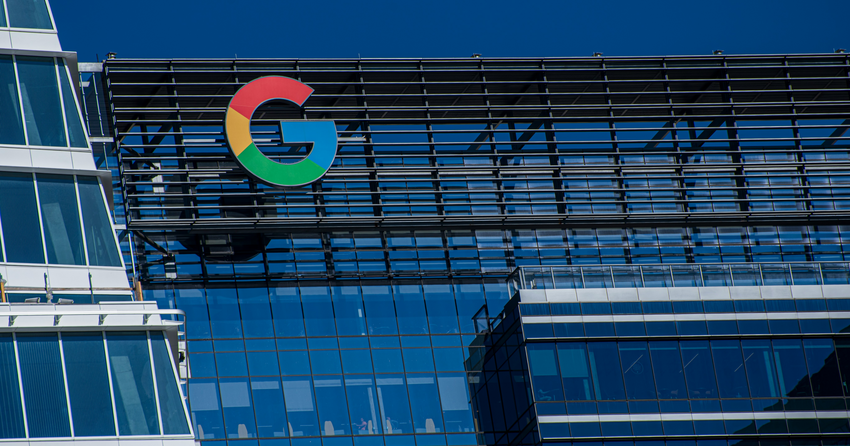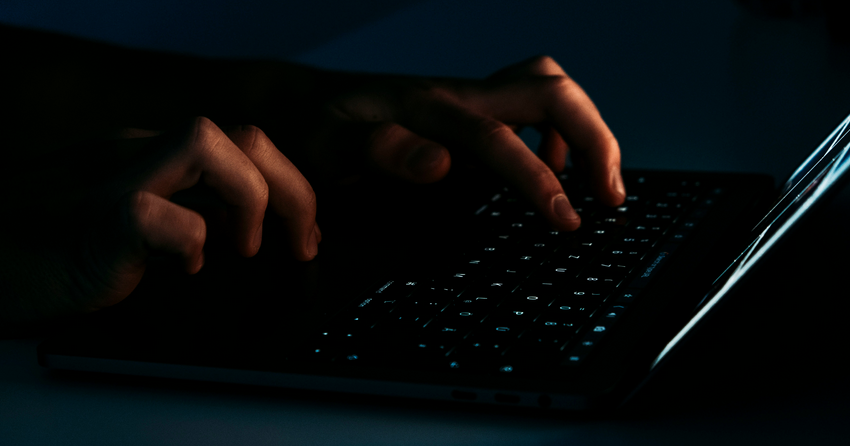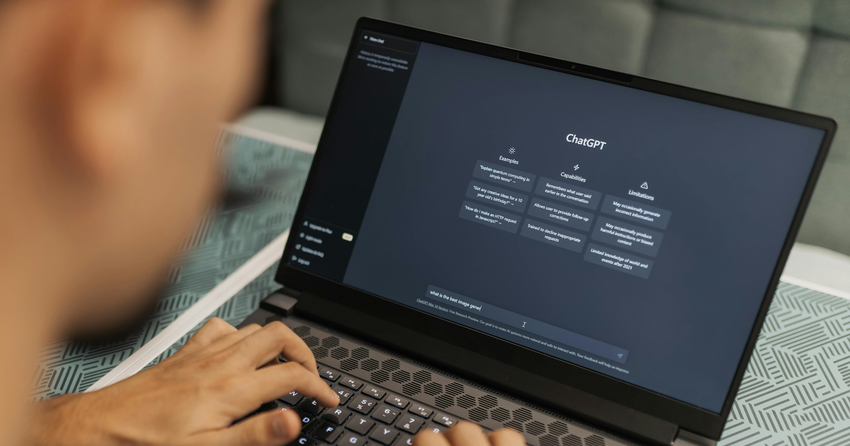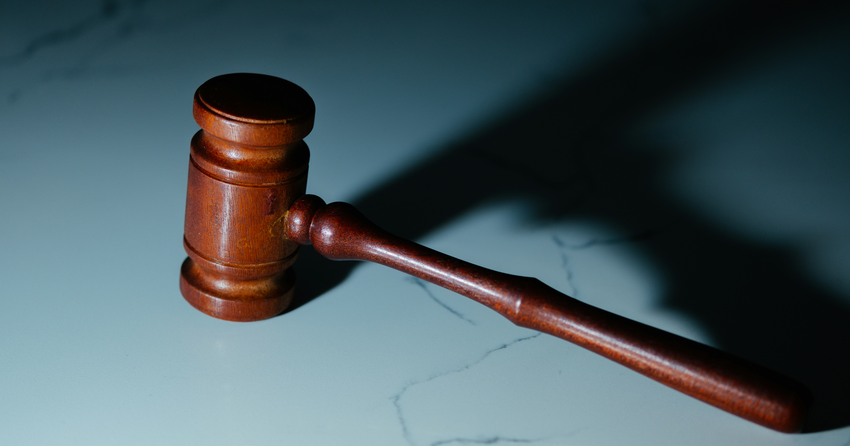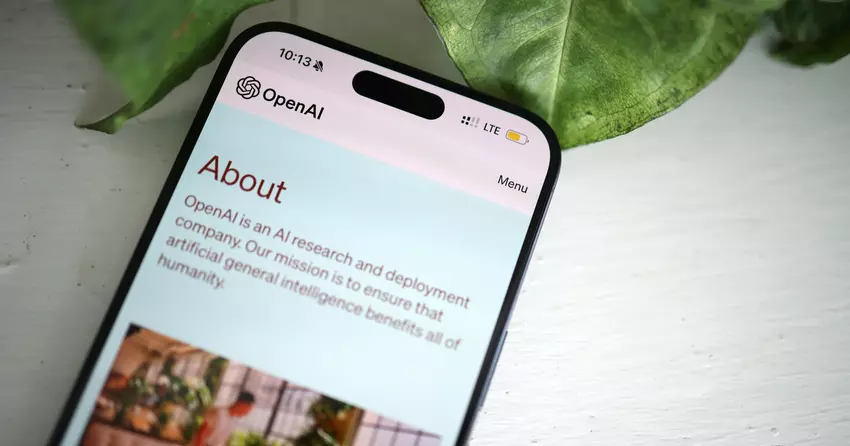
Ex-OpenAI Employees Back Musk’s Case Against the Startup
Twelve former OpenAI employees have sided with Elon Musk in his lawsuit against OpenAI, accusing the startup of abandoning its nonprofit structure. The ex-employees asked a federal judge to weigh in on the lawsuit, alleging the startup betrayed its original mission.
The group includes former technical and leadership staff who worked at OpenAI between 2018 and 2024. They agree with Musk that stripping the nonprofit oversight of OpenAI’s controlling role would “fundamentally violate” its original mission – to develop AI for the good of humanity.
They also argue that a shift to a for-profit structure would “breach the trust of employees, donors, and other stakeholders who joined and supported the organization” based on its original commitments.
Musk co-founded OpenAI with current CEO Sam Altman in 2015 as a nonprofit, but left before it rose to fame thanks to its chatbot ChatGPT. He later rejoined the AI race by founding rival AI company xAI in 2023.
In 2019, OpenAI added a profit-making subsidiary backed by Microsoft. While the nonprofit retained control, the subsidiary was set up as a “capped-profit” business, which limits returns for investors and employees. Anything above this cap is handed back to the nonprofit “for the benefit of humanity.”
OpenAI and Altman deny the allegations made by Musk and its ex-employees. The startup says going for profit would benefit everyone. Removing the nonprofit’s control would help raise funds from investors, which would increase the value of the nonprofit’s stake in OpenAI. Ultimately, this will result in more resources for the nonprofit to carry out its public benefit mission, the company argues.
“Our board has been very clear: Our nonprofit isn’t going anywhere, and our mission will remain the same. We’re turning our existing for-profit arm into a public benefit corporation – the same structure as other AI labs like Anthropic – where some of these former employees now work – and xAI,” the company said in a statement.
Despite its current limits, OpenAI managed to collect billions in funding from various high-profile investors, including Microsoft and SoftBank. The startup recently closed a $40 billion funding round, the largest private deal in tech history.
However, to secure this capital, OpenAI must complete its for-profit transition by 2025, or else it will lose at least $10 billion from the lucrative deal.
The jury trial for the lawsuit is scheduled for spring next year.




